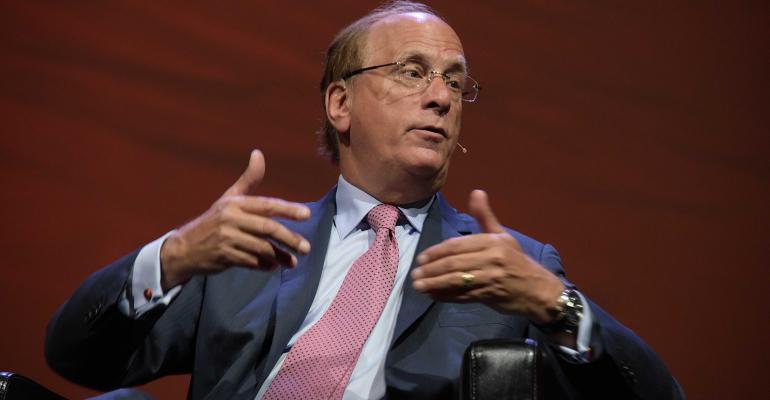Businesses must play a more strategic and integral role in efforts to solve the most pressing problems of our local, national and global communities. So believes Larry Fink, chairman and CEO of international asset management and investment giant BlackRock. His colleagues in the business community are taking note.
In his annual CEO letter, Fink recently wrote:
“Society is demanding that companies, both public and private, serve a social purpose. To prosper over time, every company must not only deliver financial performance, but also show how it makes a positive contribution to society. Companies must benefit all of their stakeholders, including shareholders, employees, customers, and the communities in which they operate.”
Fink continued with a series of question companies must ask themselves:
“What role do we play in the community? How are we managing our impact on the environment? Are we working to create a diverse workforce? Are we adapting to technological change? Are we providing the retraining and opportunities that our employees and our business will need to adjust to an increasingly automated world? Are we using behavioral finance and other tools to prepare workers for retirement, so that they invest in a way that that will help them achieve their goals?”
Consumer Reaction
According to the 2017 Cone Communications CSR Study, 78 percent of U.S. consumers want companies to address important social justice issues. Eighty-seven percent will purchase a product because a company advocated for an issue they cared about and, conversely, 76 percent will refuse to purchase a company’s products or services if it supports an issue contrary to their beliefs.
Among the most important issues to consumers are domestic job growth (94 percent), racial equality (87 percent), women’s rights (84 percent), immigration (78 percent), climate change (76 percent), gun control (65 percent) and LGBTQ rights (64 percent).
Millennials
In just two years, Millennials will make up half of the U.S. workforce. These individuals, born between 1981 and 2000, have extremely high expectations of their employers. When deciding where to work, they carefully consider a company’s social and environmental commitments. Many won’t accept a job offer from a company that lacks such commitment.
According to the 2016 Cone Communications Millennial Employee Engagement Study, Eighty-three percent of Millennials claim more loyalty to a company that helps them contribute to social and environmental issues. (Only 70 percent of the U.S. workforce as a whole feels this way.) Eighty-eight percent of Millennials say their jobs are more fulfilling when they’re provided such opportunities, states.
Employee Volunteer Experiences
Business philanthropy is a key component of any corporate social responsibility strategy. This includes providing meaningful employee volunteer experiences. Opportunities to volunteer are expanding and diversifying to meet unique employee skills and company cultures.
Employees who serve on non-profit boards as company representatives, for example, enhance shareholder value by advancing workplace diversity and inclusion goals; developing human capital for leadership, creativity and innovation; and fostering economic development by strengthening communities where their company’s employees and customers live and work.
Critical Component of Citizenship
No matter the size of the company, the community or the contribution, businesses increasingly understand that a reputation as a good corporate citizen helps them recruit, engage and retain employees; create better relationships with vendors and regulators; satisfy investors’ objectives; and deepen ties with customers.
In today’s highly competitive and rapidly changing environment, corporate philanthropy is a critical component of citizenship. It must be strategic and part of a company’s DNA – and so much more than random acts of kindness.
With corporate tax rates recently reduced, 2018 is an ideal time to start or refine corporate strategic philanthropy efforts. A South African proverb states: “The best time to plant a tree is 20 years ago. The second-best time is today.”
Bruce DeBoskey, J.D., is a philanthropic strategist working across the U.S. with The DeBoskey Group to help families, businesses, foundations, and family offices design and implement thoughtful philanthropic strategies and actionable plans. He is a frequent keynote speaker at conferences and workshops on philanthropy. Visit deboskeygroup.com.





